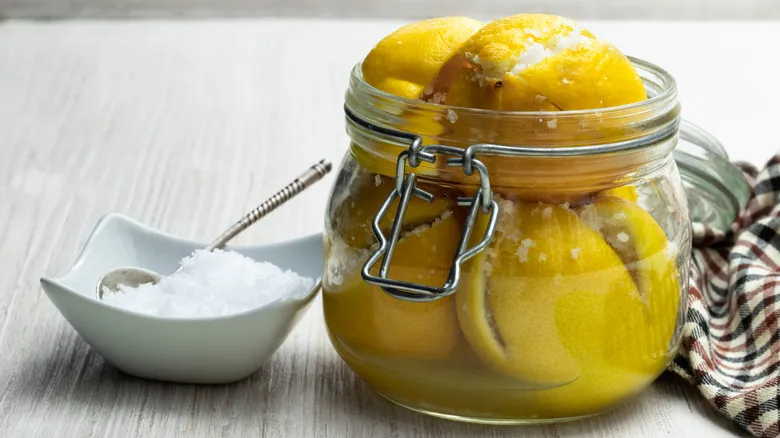How do you make Moroccan preserved lemons?
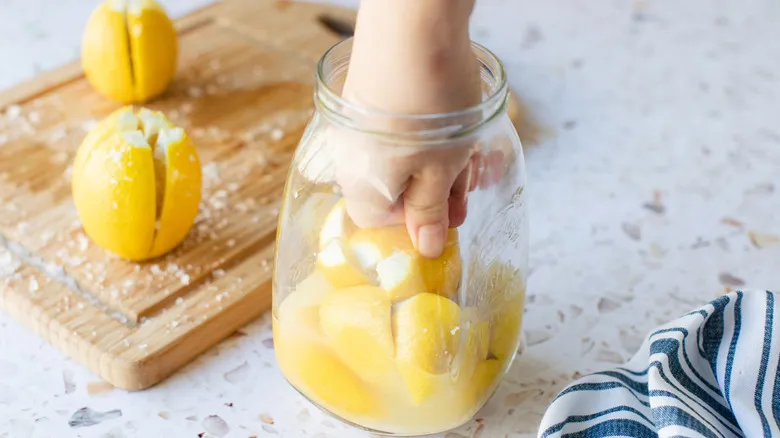
Traditionally, preserved lemons require just two ingredients: lemons and coarse kosher salt, all packed into a glass jar. The choice of lemons and salt can significantly influence the final outcome. If available, the ideal lemons to use are the aromatic doqq and boussera varieties, which are exclusive to Morocco. Eureka and Meyer lemons are excellent substitutes, but any type will suffice for this process. Depending on the size of the lemons, you can either make a few small cuts in the rind or quarter them before preservation. If you opt to quarter the lemons, ensure the rind remains intact to preserve the fruit's structure.
Coarse salt is essential for preserving lemons, and the key is to pack it into every nook and cranny. This salt-packing method dates back to ancient civilizations and is one of the oldest food preservation techniques known. It effectively removes moisture, microbes, and bacteria from the items being preserved. Coarse salt is preferred because it lacks anti-caking agents and other additives. After packing the lemons with salt and placing them in a jar, cover them with lemon juice and let them sit at room temperature for four to five weeks. For an added kick, include black peppercorns, or experiment with variations of Moroccan preserved lemons by incorporating cinnamon or rosemary.
How do you use Moroccan preserved lemons?
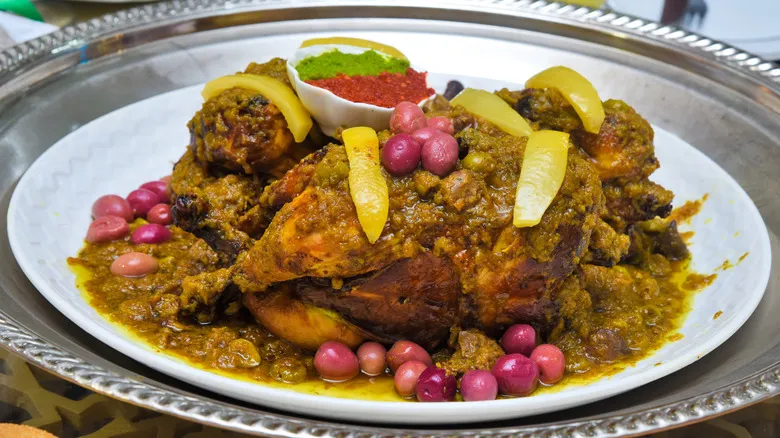
Moroccan preserved lemons are a staple in a variety of North African and Middle Eastern dishes. They are frequently paired with olives, feta cheese, lamb, braised chicken, cabbage, artichokes, and other vegetables in traditional Moroccan tagine recipes, which involve slow-cooking ingredients in a clay pot known as a tagine.
These preserved lemons can bring a vibrant kick to a simple lettuce salad, or enhance your Mediterranean-style chicken salad. They complement a wide range of meats, especially lamb, fish, and seafood. Some home cooks blend their preserved lemons into a paste to season potato and meat dishes, braises, soups, and salad dressings. Others take special care in preparing their preserved lemons to present them as thoughtful gifts for hosts or during the holidays.
In the morning, serve a dish of pickled lemons as a distinctive way to flavor cottage cheese, yogurt, or other creamy dishes. Elevate a fresh batch of fluffy lemon ricotta pancakes by topping them with Moroccan preserved lemons for an extra burst of lemony goodness. You can also incorporate preserved lemons into a zesty hummus or use them in baking to infuse custards, cheesecakes, and lemon cookies with a bright, intense flavor.
Recommended
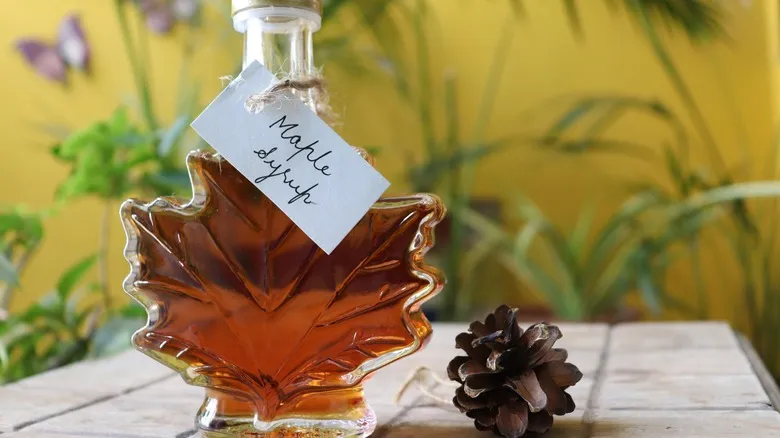
Is It Safe To Store Maple Syrup At Room Temperature?
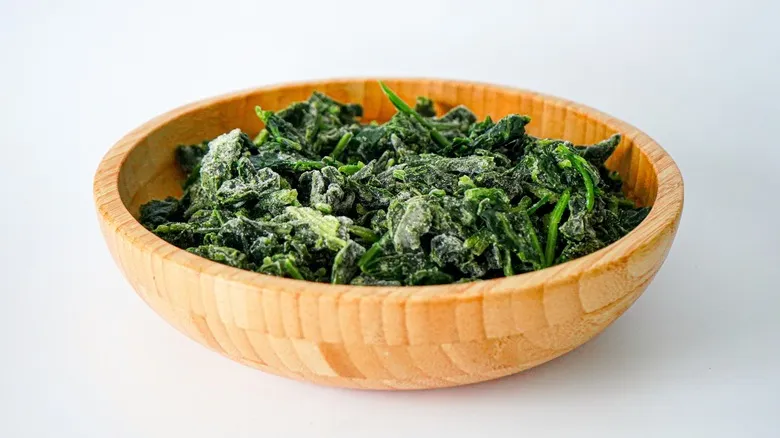
The Tip You Should Know To Successfully Meal Prep Frozen Greens
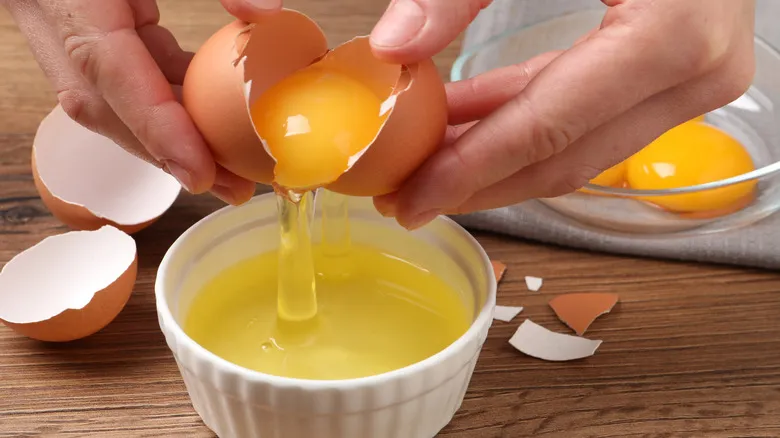
Melissa Clark's Salt Trick To Perfectly Freeze Egg Yolks
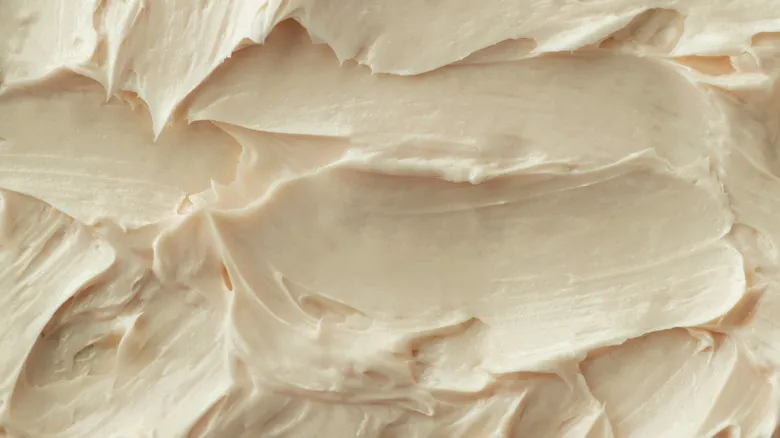
Should You Freeze Leftover Frosting?
Next up

